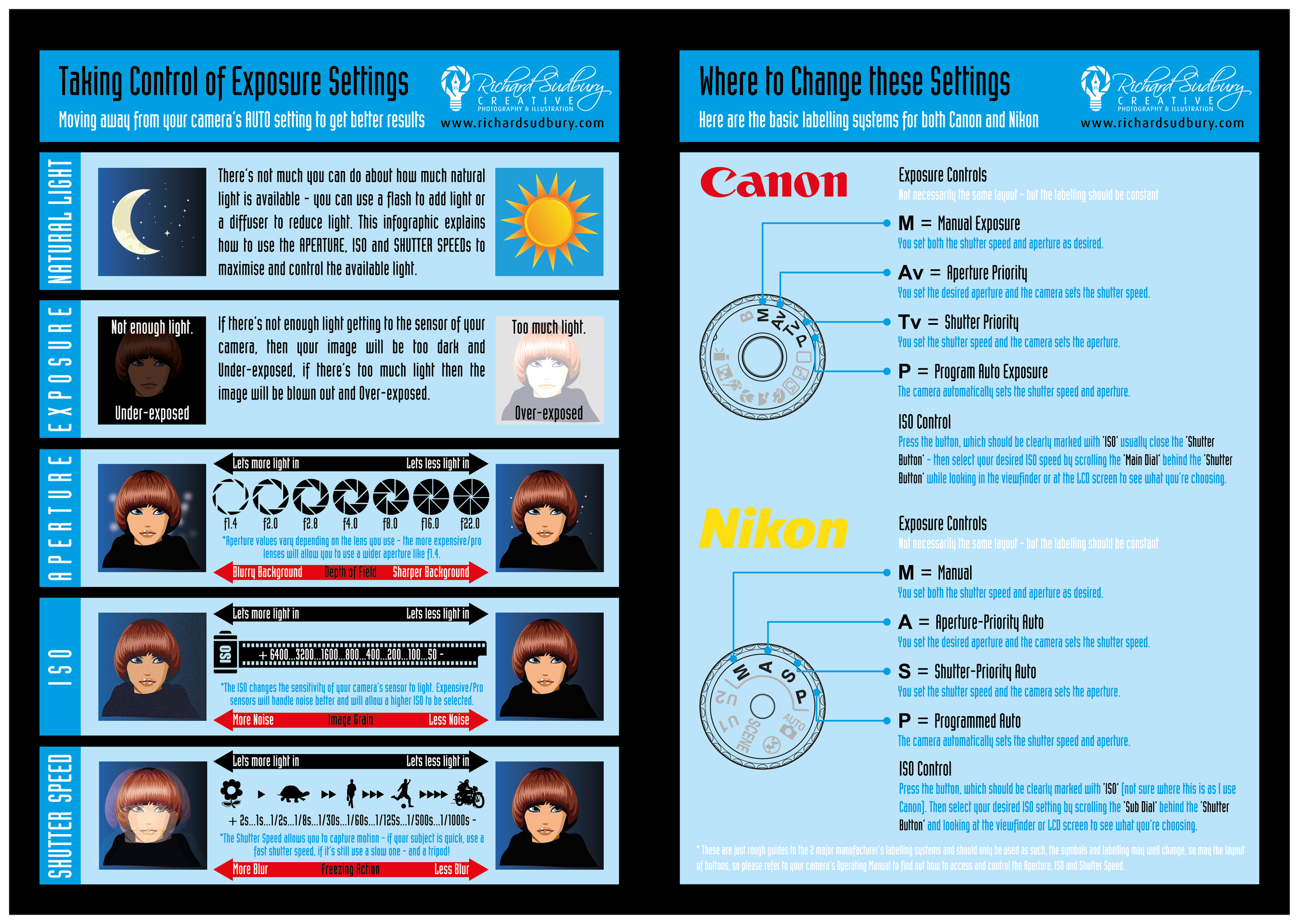Usual Mistakes New Photographers Make And Just How To Stay Clear Of Them
Usual Mistakes New Photographers Make And Just How To Stay Clear Of Them
Blog Article
Web Content Writer-Munro Lindsey
As a new professional photographer, it's easy to get caught up in the attraction of high-end gear and ignore the basics that really raise your craft. You might find yourself annoyed when your pictures do not mirror the vision you wanted. Common errors, like disregarding illumination fundamentals or disregarding make-up concepts, can hold you back greater than you understand. However understanding these challenges can change your approach. Let's explore these errors and exactly how you can sidestep them to enhance your photography trip.
Ignoring Illumination Basics
Disregarding lights fundamentals is among the largest missteps brand-new digital photographers make. You may think that recording a terrific picture is everything about your electronic camera settings or the most recent equipment, yet the reality is, lighting is vital. Correct illumination can raise your photos from mundane to sensational, and recognizing it can save you from plenty of missed chances.
Initially, pay attention to all-natural light. The golden hours-- quickly after dawn and prior to sunset-- offer soft, flattering light that improves your topic. Prevent extreme noontime sun, which can cast unflattering darkness. If you're shooting inside, position your subject near home windows to benefit from diffused light.
Next off, find out to control man-made illumination. Trying out different sources, like lamps or exterior flash. Medical Residency Photography to jump light back onto your subject for a softer impact. Don't fail to remember that darkness can include deepness; embrace them as opposed to shying away.
Lastly, method changing your electronic camera settings according to the illumination problems. Understand exactly how shutter speed, aperture, and ISO work together to accomplish the preferred direct exposure.
Overemphasizing Tools
Numerous brand-new professional photographers fall under the catch of believing that having the current and biggest equipment will instantly improve their digital photography. While it's alluring to think that a higher-end electronic camera or an expensive lens will certainly raise your work, the fact is that it's not just about the tools you use.
Your skills, imagination, and understanding of digital photography play a much larger duty in producing stunning images. Purchasing superior equipment can be beneficial, but it should not be your key focus. Instead, concentrate on understanding the fundamentals-- light, make-up, and storytelling.
You can take impressive images with a simple cam if you know just how to use it efficiently. Often, it's the professional photographer's vision, not the equipment, that makes the difference.
Furthermore, exaggerating visit the up coming document can result in irritation and burnout. You may find yourself regularly chasing after the following item of equipment instead of developing your craft.
Neglecting Structure Principles
When you grab your cam, it's very easy to concentrate exclusively on the subject, but overlooking composition concepts can result in lackluster photos. Composition is the backbone of digital photography; it guides the visitor's eye and develops a visual story. If you ignore it, your sensational topic might obtain lost in a chaotic framework.
Start by applying the regulation of thirds. Imagine your framework separated into nine equal components by 2 straight and two vertical lines. Setting crucial elements along these lines or at their junctions for a balanced and interesting shot.
Furthermore, think about leading lines. Use natural lines in your scene to attract the customer's eye towards the subject.
Don't ignore framing. Usage surrounding aspects to produce a "frame within a structure." This technique can include deepness and emphasis to your subject.
Last but not least, pay attention to negative room. Often, much less is a lot more. Enabling empty space can enhance your focal point and develop a much more effective photo.
Verdict
To conclude, by staying away from these typical risks, you can raise your digital photography skills considerably. Concentrate on mastering lighting, make-up, and exposure as opposed to obtaining shed in pricey equipment. Do not take too lightly the power of post-processing, either-- it can absolutely transform your images. Bear in mind to select the correct time of day for shooting, as illumination plays a vital duty in your outcomes. Accept these ideas, and watch your photography prosper!
